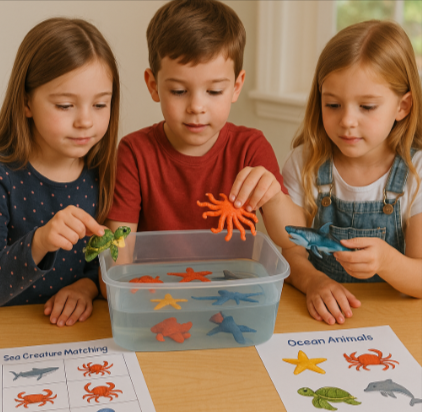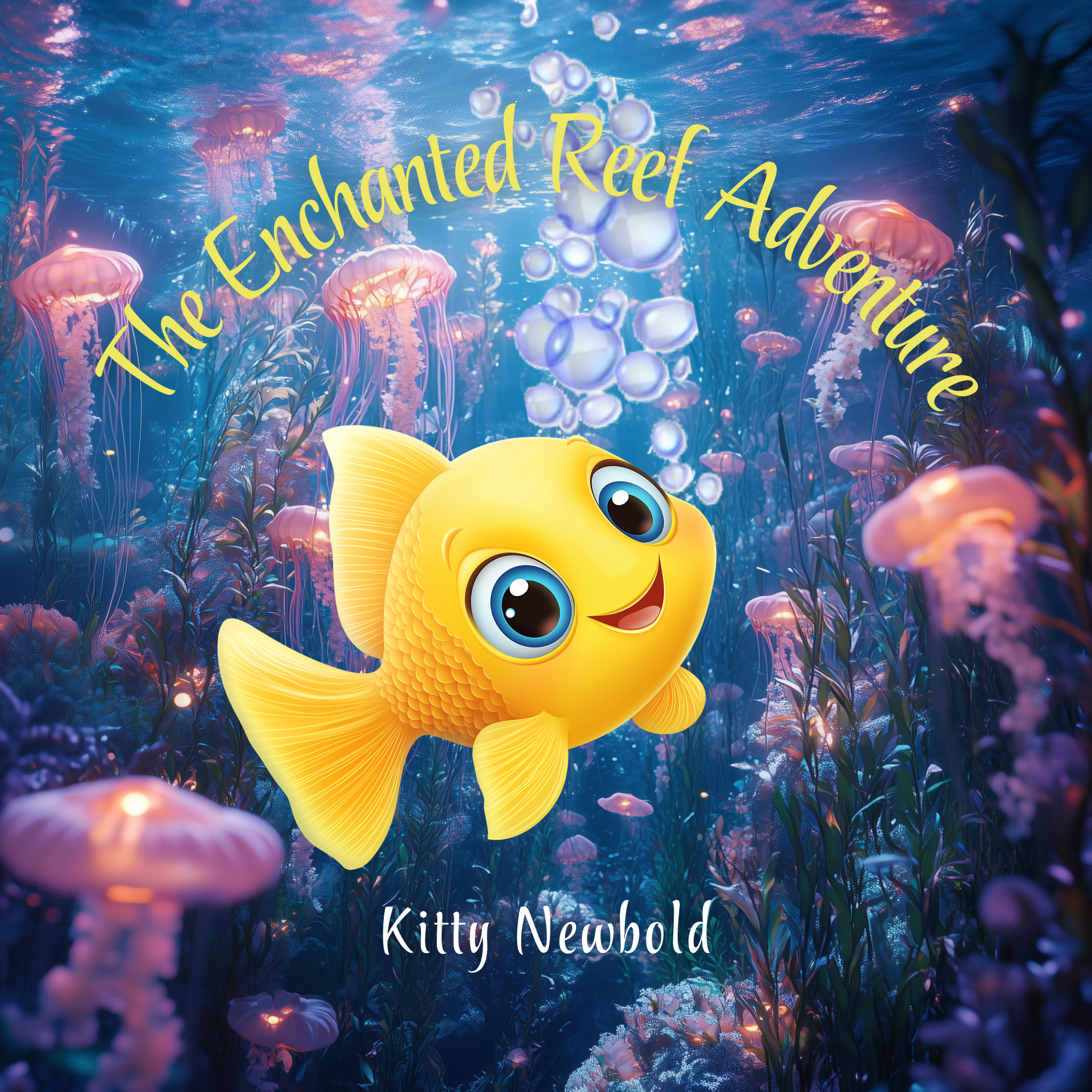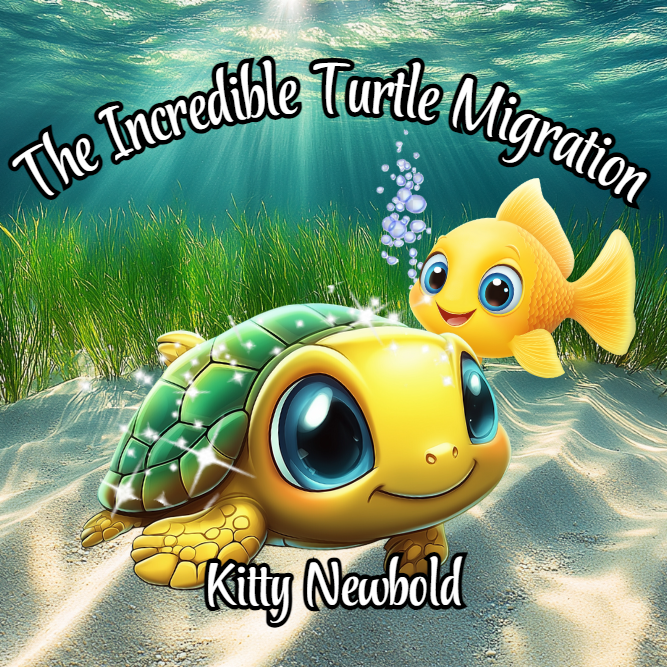Educational Sea Creature Activities for Kids

Published by Blue Goat Publishing for Kitty Newbold | Last updated: 04/22/2025
Kids are naturally fascinated by sea creatures—from dolphins and sea turtles to jellyfish and octopuses. Educational sea creature activities for kids combine creativity, science, and play to make ocean learning fun and memorable. Whether you're a teacher or parent, these activities will spark curiosity and help kids dive into marine biology with excitement. For more information about marine education, check out this NOAA Ocean Education Resource.
Why Teach Kids About Sea Creatures?
Introducing children to ocean animals builds early awareness of ecosystems and biodiversity. Learning about sea creatures helps kids appreciate marine life, understand environmental responsibility, and develop a lifelong connection with the natural world. Learn more about marine biology education at American Museum of Natural History's Marine Biology Ology.
How to Make Learning Interactive and Fun
Hands-on activities are the best way to teach ocean science. Use crafts, games, storytelling, and exploration to make lessons engaging. Kids remember what they experience—and sea creature lessons are a perfect match for imagination and wonder.
Where to Use These Activities
These educational ideas work in classrooms, homeschool settings, after-school programs, and even birthday parties. From preschool to early elementary, sea-themed activities can be adapted to a wide range of ages and learning levels. According to National Association for the Education of Young Children, environmental education activities build critical thinking skills and scientific literacy.

Hands-on sea creature activities help children develop a lasting connection to marine environments.
Top Sea Creature Activities for Young Learners
- Ocean Sensory Bins – Create tactile experiences with sand, shells, and toy sea creatures
- Marine Animal Crafts – Make paper plate jellyfish, egg carton turtles, or sock octopuses
- Under-the-Sea Dramatic Play – Set up exploration stations with costumes and props
- Sea Life Classification – Sort ocean animals by habitat, diet, or size
- Ocean-in-a-Bottle – Create wave bottles with oil, water, and blue food coloring
Bring Sea Creature Lessons to Life with The Enchanted Reef Adventure
The Enchanted Reef Adventure by Kitty Newbold is an engaging storybook that brings sea creature learning to life through an imaginative ocean journey. Packed with charming characters and vibrant illustrations, this book introduces kids to underwater friendships, teamwork, and marine environments. Whether you're using it in a classroom, homeschool lesson, or storytime setting, it's a powerful way to spark conversations about ocean animals and inspire curiosity about life beneath the waves.
Buy Now on AmazonExplore More of Kitty's Ocean World
- Key West Fun Facts for Kids
- Haunted Places in Key West for Kids
- Children's Books About Key West
- Pirate History Activities for Kids
- Florida Keys Marine Life for Kids
- Key West Ghost Tours for Families
Dive Deeper: Ocean Education Resources
- NOAA Ocean Education
- National Geographic Ocean Resources
- Monterey Bay Aquarium Education
- Smithsonian Ocean Portal
- SeaWorld Education Resources
Further Exploration
FAQs
What age range are these sea creature activities best for?
Most activities can be adapted for children ages 3-10, with simpler versions for preschoolers and more complex versions for elementary students.
How can I incorporate these activities into a homeschool curriculum?
These activities work well within science units on ecosystems, biology, or conservation. They can also integrate with art, reading, and even math lessons (counting, measuring, patterns).
What supplies do I need for most of these ocean activities?
Basic craft supplies (paper, scissors, glue), recyclables (paper plates, egg cartons), and inexpensive items like blue food coloring, craft sand, and toy sea animals are sufficient for most activities.
How do I teach about ocean conservation to young children?
Focus on positive actions kids can take, like reducing plastic use, proper trash disposal, and appreciating marine life. Keep messages age-appropriate and empowering rather than frightening.
Ocean Learning Resources

The Enchanted Reef Adventure
A magical story of ocean friends, teamwork, and discovery for kids 4–8.
Buy on Amazon
The Incredible Turtle Migration
Follow a young turtle on an inspiring journey across the sea.
Buy on Amazon
Wiley Whale's Big Ocean Adventure
Wiley the young whale learns the power of friendship and ocean wonder.
Buy on Amazon
